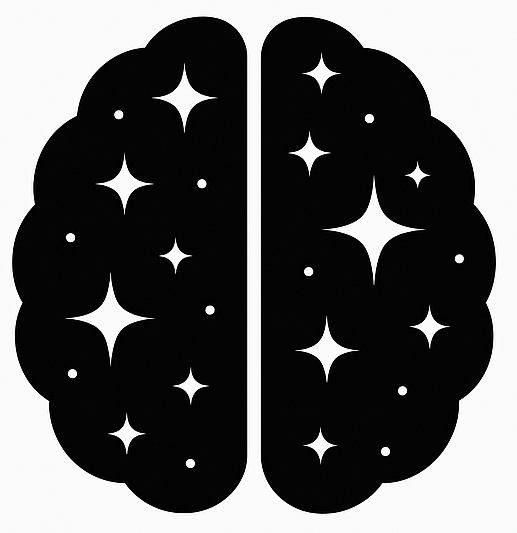When most people think of addiction, they imagine reckless behavior, poor decision-making, or a lack of self-control.
When they think of autism, they imagine rigidity, order, or social detachment.
So it might surprise many to learn that autistic individuals can — and often do — struggle with addiction. In fact, studies increasingly show that people on the autism spectrum may be just as likely, or even more likely, to experience substance use disorders than the general population.
And yet — this overlap is rarely recognized, let alone addressed in treatment settings.
Let’s break the silence and talk about why autism and addiction often coexist… and what support really looks like.
🧠 Why Autism and Addiction Are Linked
Addiction doesn’t just come from “bad choices” — it often comes from pain, overwhelm, or a need for relief.
For many autistic individuals, substances and addictive behaviors serve a regulatory function. They become ways to:
- Numb sensory overload
- Cope with emotional dysregulation
- Quiet social anxiety
- Mask or “pass” in neurotypical settings
- Escape isolation, rejection, or internalized shame
- Create a sense of control, routine, or relief
In short: addiction often becomes a form of self-medicating.
Not because autistic people are impulsive or rebellious — but because they’re trying to survive in a world that was not built for them.
😔 Why It’s Often Missed
1. Addiction in autism doesn’t always look “typical.”
An autistic person may not be “partying” or openly abusing substances. Their use might be private, ritualistic, or linked to specific sensory experiences.
2. Some providers assume autistic people don’t get addicted.
Because of outdated stereotypes (e.g., “autistic people don’t like pleasure,” or “they’re too rigid”), clinicians may miss signs of substance use or fail to ask the right questions.
3. High-masking individuals go unnoticed.
Many autistic adults — especially women and AFAB individuals — are skilled at hiding both their autism and their addiction. They appear “functional” while quietly falling apart.
4. Autism traits can mimic or mask addiction symptoms.
Social withdrawal, flat affect, repetitive behaviors, and executive dysfunction may be seen as “just autism” — when they’re also signs of substance misuse or emotional crisis.
💡 It’s Not Just Substances
Addiction isn’t limited to alcohol or drugs. Autistic individuals may also develop behavioral addictions, such as:
- Food or binge-eating
- Sex or pornography
- Video games or screen time
- Gambling or shopping
- Work, exercise, or control
- Even special interests used to escape or numb rather than engage
The key question isn’t “Is this interest bad?” — it’s “What function is it serving?” Is it connecting or isolating? Soothing or avoiding? Helping or harming?
🔁 The Double Burnout Loop
Here’s what often happens:
- The world feels overwhelming.
- A substance or behavior offers relief.
- Use increases to cope with chronic stress, social masking, or trauma.
- Shame or dependence sets in.
- Isolation increases.
- Burnout deepens.
- The cycle repeats.
And if the addiction is discovered, it may be treated without recognizing the autism underneath — making relapse almost inevitable.
🧭 What Actually Helps
1. Autistic-informed addiction treatment.
This means trauma-informed care that respects sensory needs, communication differences, and executive functioning struggles.
2. Replacing the behavior — not just removing it.
If a substance was helping to regulate emotions or sensory overload, we need a new tool for that, not just abstinence.
3. Understanding addiction through a regulation lens.
This isn’t about “bad choices.” It’s about a nervous system doing what it can to cope. Regulation must come before change.
4. Addressing masking, rejection trauma, and identity.
Addiction is rarely just about the substance — it’s about what the person has had to hide, carry, or silence to survive.
5. Building safe, ND-affirming connections.
Recovery isn’t just about quitting. It’s about healing — in community, with compassion, and with language that makes sense to your brain.
🫶 You’re Not Broken. You Were Coping.
If you’re autistic and struggling with addiction, you’re not a failure. You’re not weak. You’re not wrong.
You’ve been doing your best in a world that often demands too much — and gives too little support in return.
You deserve recovery that understands who you are.
You deserve care that honors your wiring.
You deserve to heal without having to erase your neurodivergence to do it.
I specialize in neurodivergent-affirming addiction counseling for autistic adults. If you’ve struggled with self-medicating, shame, or being misunderstood in recovery spaces, you are not alone — and you don’t have to keep hiding

